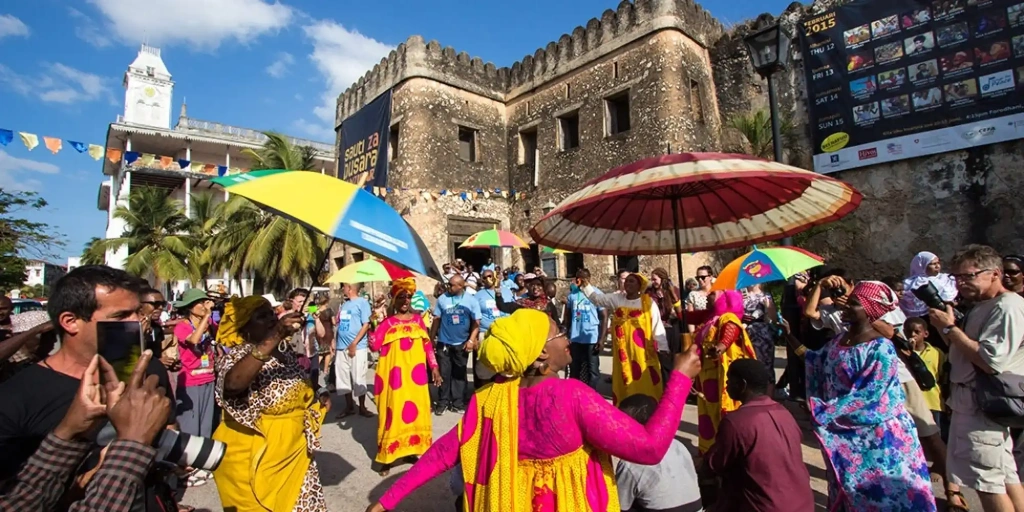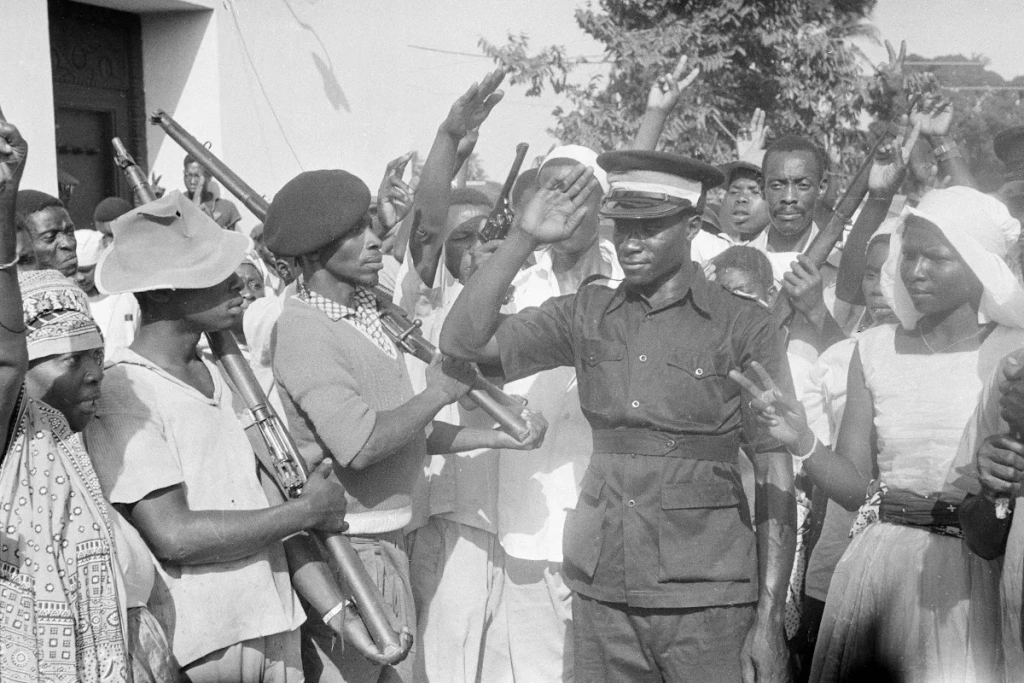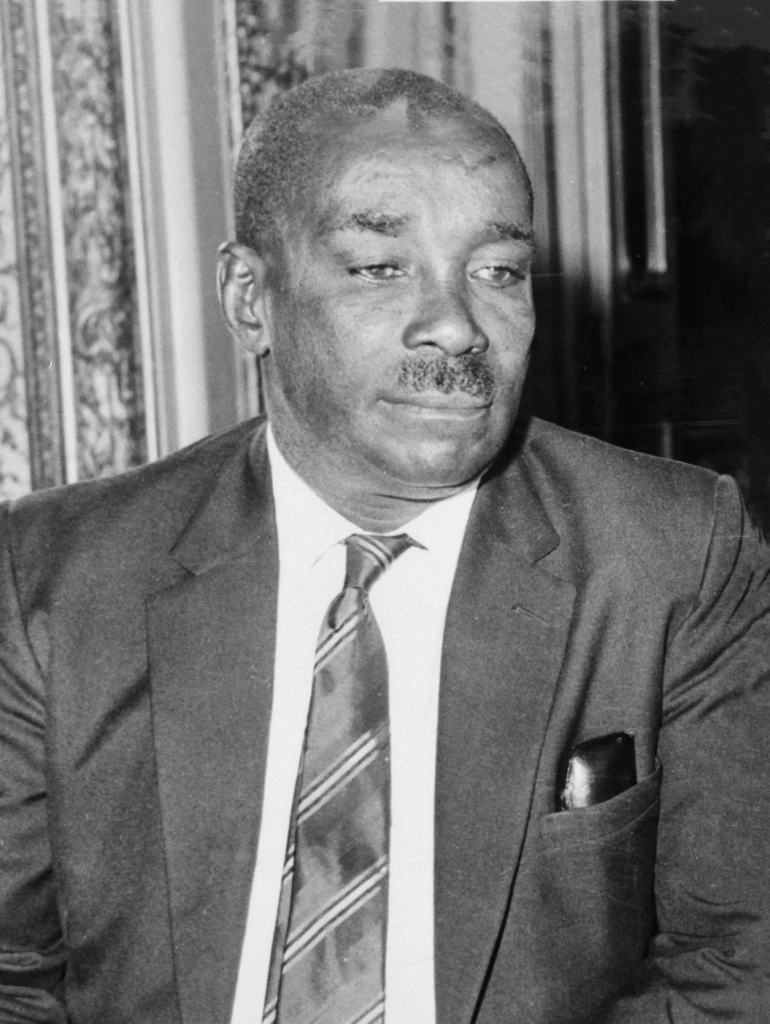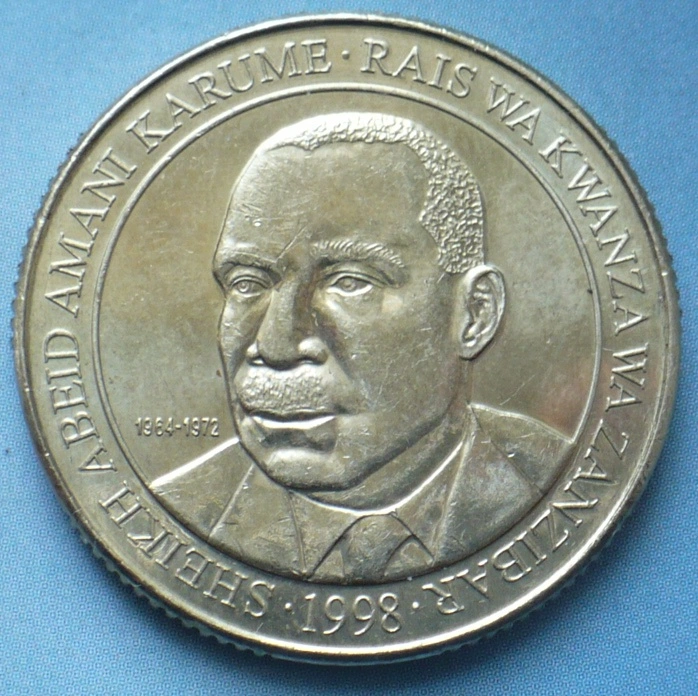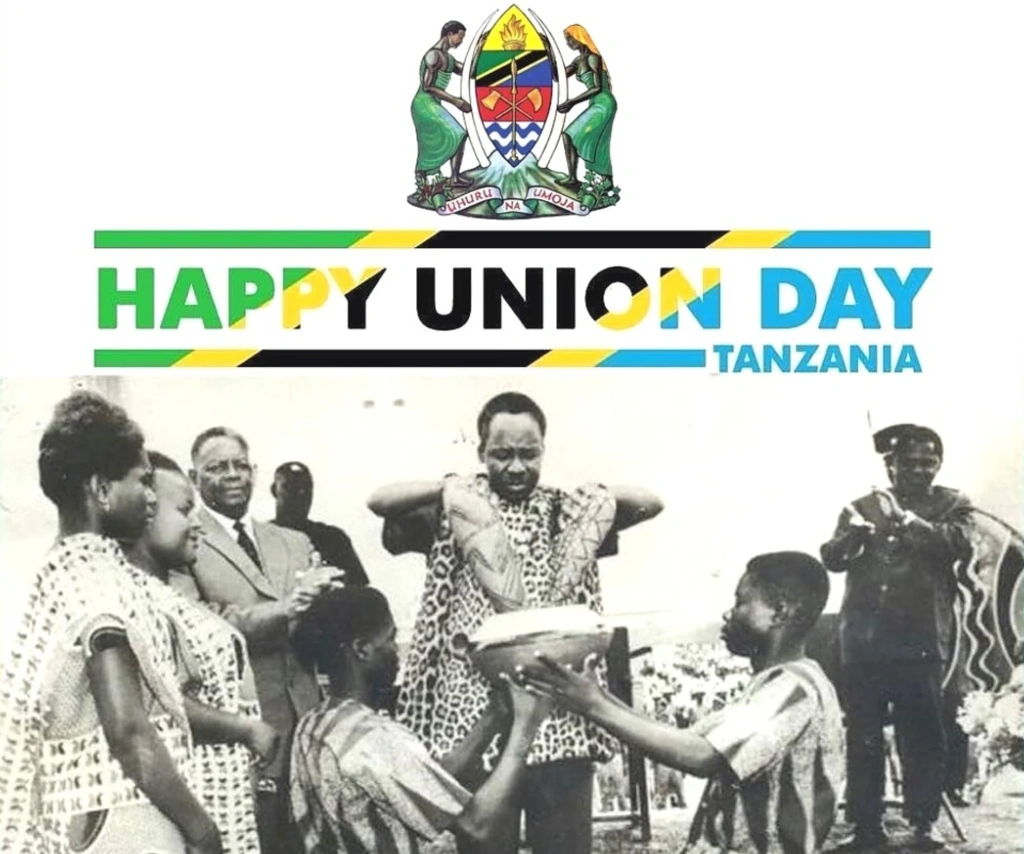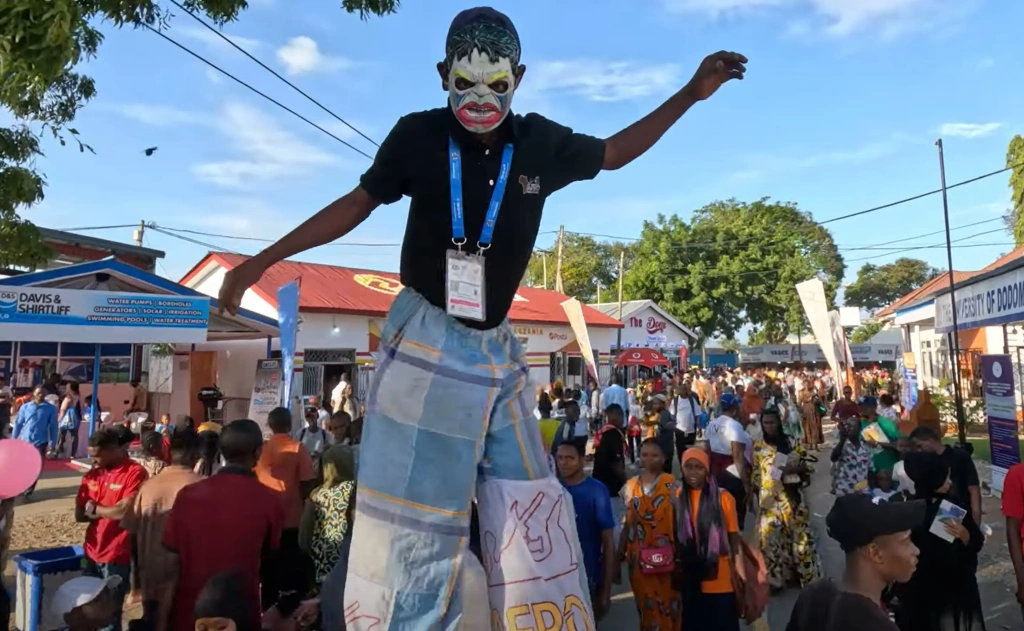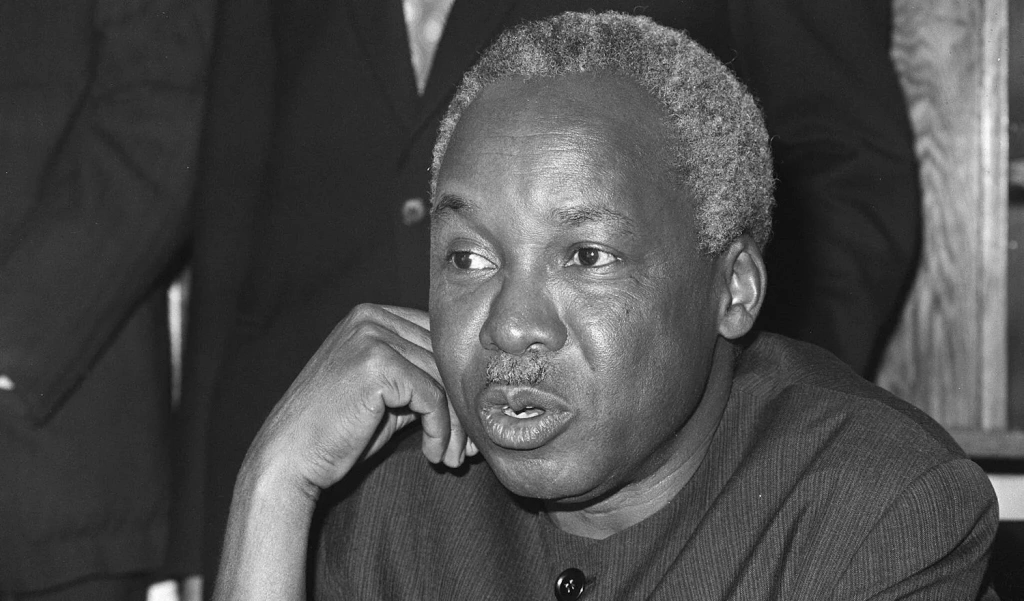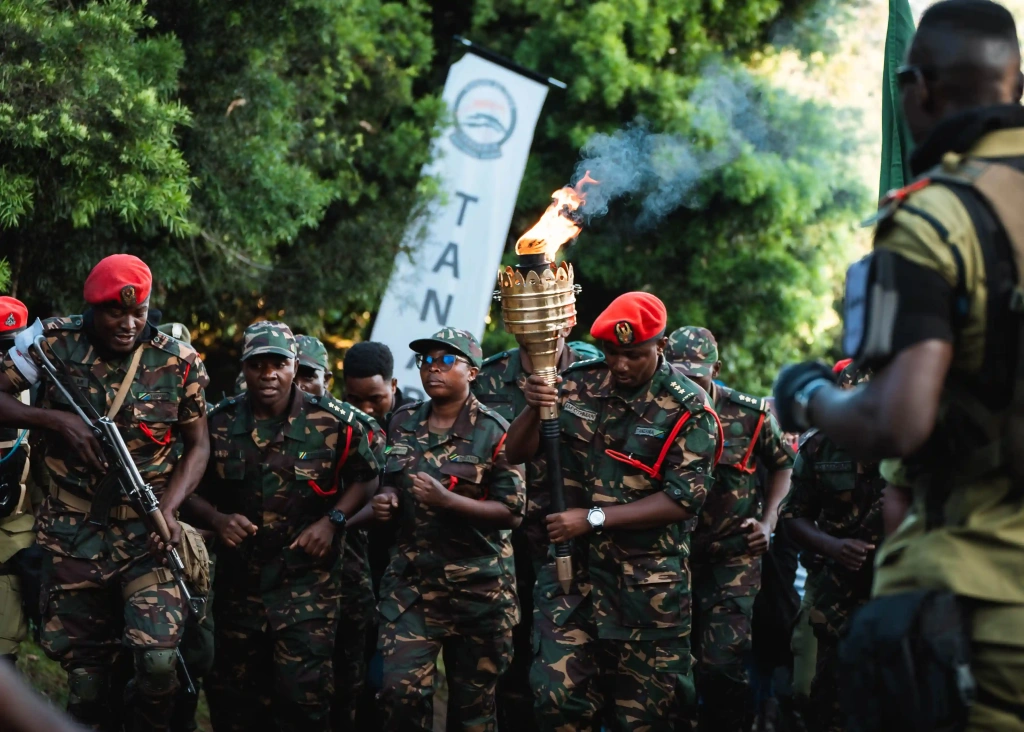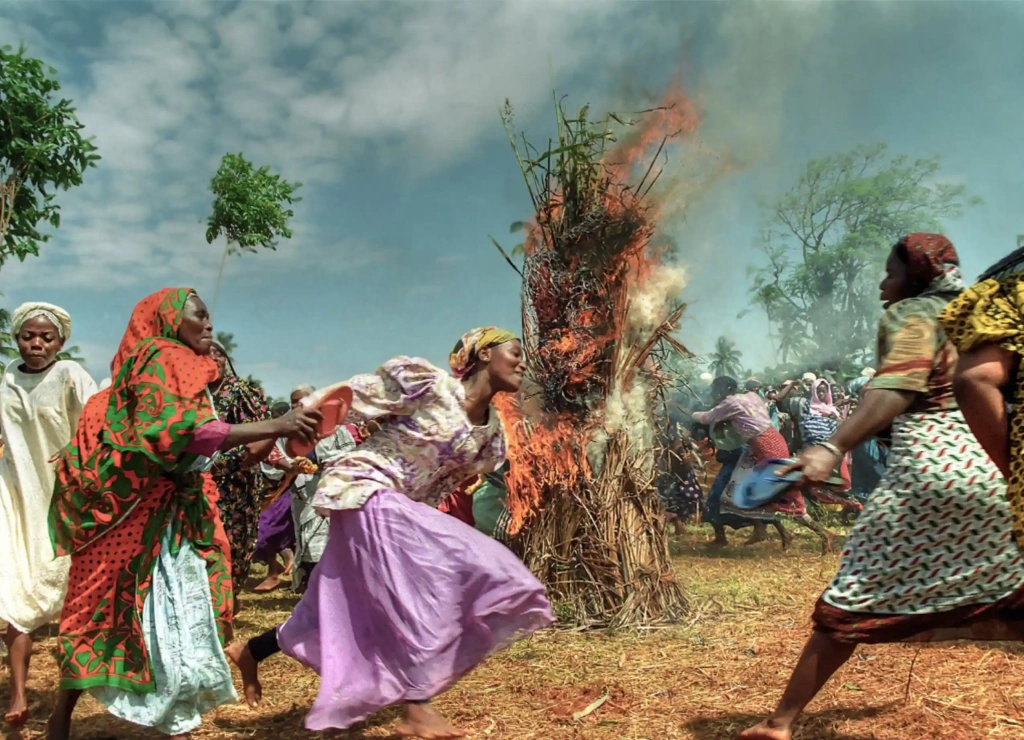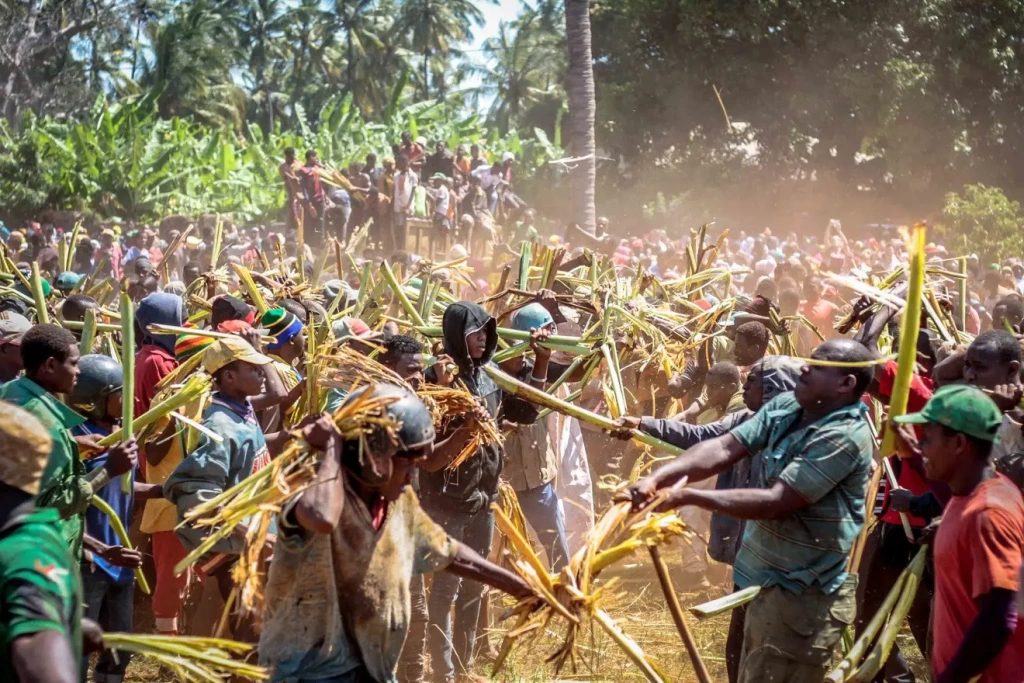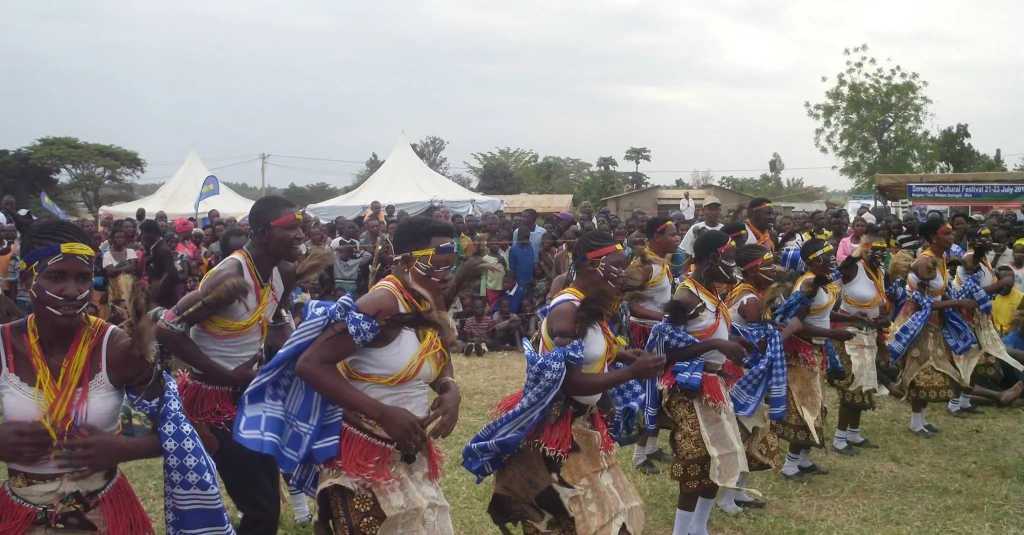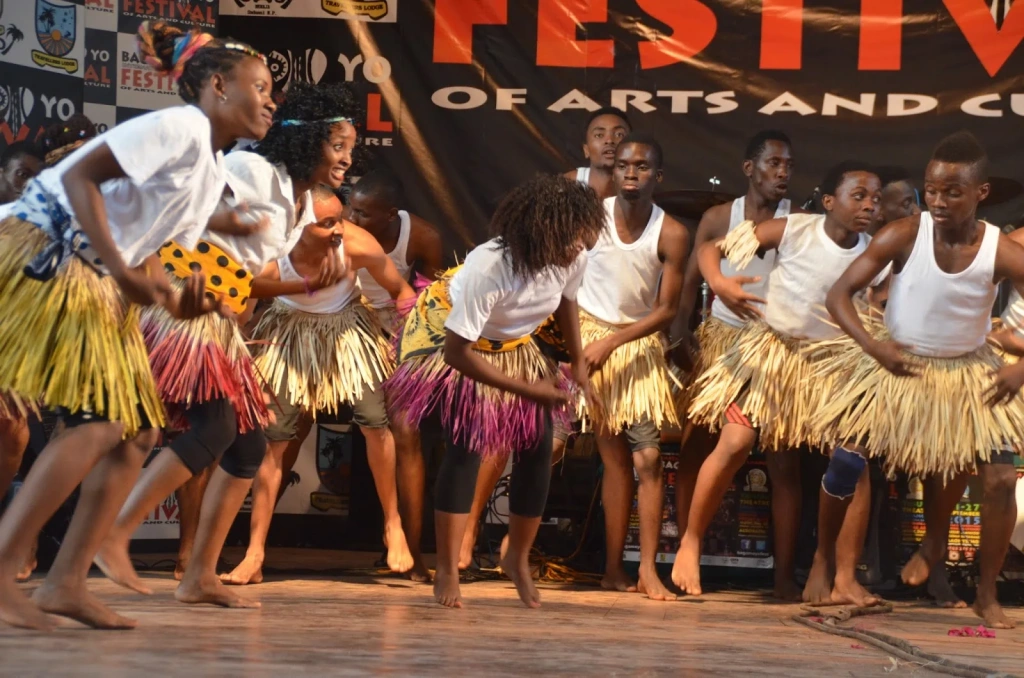Tanzania lights up the calendar with 17 public holidays each year, both religious and national. Additionally, the country hosts vibrant and colorful festivals featuring music, parades, theatrical performances, and culturally rich events.
If you plan to climb Kilimanjaro, go on a Tanzania safari, or relax on the white beaches of Zanzibar, be sure to read this article. It will help you plan your trip to coincide with an exciting holiday or an authentic African festival.
Calendar of public holidays in Tanzania
Tanzania officially observes several regionally significant dates alongside global holidays like New Year’s Day, Christmas, and various Christian and Muslim celebrations. Below, you’ll find insights into the local public holidays, their historical background, and traditions.
January 12: Zanzibar Revolution Day
Many know Zanzibar as the Pearl of the Indian Ocean, famous for its luxurious resorts and white sandy beaches. However, fewer are aware of the day the country gained its independence. On January 12 of 1964, the African population of Zanzibar overthrew the Arab government led by the Sultan. This revolution began a new chapter in the archipelago's history and played a crucial role in its eventual union with mainland Tanganyika. Before this union, the People’s Republic of Zanzibar and Pemba was formed, with Abeid Karume becoming its first president.
Every year on January 12, the people of Zanzibar and Tanzania celebrate this significant holiday. It serves as a reminder to uphold social equality, democracy, and peace. Traditionally, on this day, Zanzibar hosts ceremonial parades, speeches from political leaders, and various cultural and entertainment events. In 2024, the country celebrated the 60th anniversary of the revolution.
April 7: Karume Day
Another significant national holiday in Tanzania, tied to Zanzibar’s history, commemorates the tragic death of its first president. On Karume Day, people honor the life and legacy of the man who played a pivotal role in the struggle for the archipelago's independence and in the formation of Tanzania.
Karume implemented significant land and educational reforms and substantially contributed to healthcare during his rule. However, on April 7, 1972, he was assassinated. Four armed men shot him at the headquarters of the Afro-Shirazi Party in Zanzibar City. The Tanzanian government established Karume Day the following year to commemorate his legacy.
April 26: Union Day
April 26 commemorates the union of Tanganyika and Zanzibar, leading to the formation of the United Republic of Tanzania. This event shaped the development of the whole East African region.
Tanganyika gained independence from British rule on December 9, 1961, with Julius Nyerere becoming its first president. On January 12, 1964, a revolution occurred in Zanzibar, overthrowing the Sultan and Arab rule. This led to the formation of the People's Republic of Zanzibar, with Abeid Karume as president. Following this, Nyerere and Karume decided to unite their nations. On April 26, 1964, the United Republic of Tanganyika and Zanzibar was born (it was renamed Tanzania on October 29 of the same year).
On Union Day, grand military parades occur throughout the country, with massive celebrations in the capital, Dodoma, and the historic city of Zanzibar. Political leaders, including the president, deliver inspiring speeches while traditional music fills the air, and theatrical and dance performances are held. In some major cities, large-scale sports events are organized alongside lectures and seminars focused on reinforcing the sense of national unity.
July 7: Saba Saba Day
In Swahili, "Saba Saba" translates to "seven seven," directly referencing the date of its celebration. However, for Tanzanians, the holiday commemorates the anniversary of the founding of the Tanganyika African National Union (TANU) in 1954. The TANU political party played a crucial role in Tanzania's struggle for independence.
The holiday is also known as the "Dar es Salaam International Trade Fair." Every year, the Tanzania Trade Development Authority organizes a large-scale promotional event at the Mwalimu J.K. Nyerere Trade and Exhibition Center. Exhibits include food and beverages, textiles and clothing, cosmetics and household chemicals, electrical appliances, building materials, and even cars. The first such fair was held in 1963, and since then, it has been an annual event showcasing Tanzania's achievements in industry, economy, and agriculture.
August 8: Nane Nane Day
"Nane Nane" in Swahili translates to "Eight Eight" (8/08). This national holiday highlights Tanzanian farmers' contribution to the economy's development and the establishment of food security.
On this day, communities celebrate rural life. Cities host large markets offering farm-fresh products. Various exhibitions, cultural entertainment events, lectures, and discussions on the prospects of developing the agricultural sector are also held. Additionally, on Nane Nane Day, farmers compete in major competitions with their products and farming innovations and win valuable prizes.
October 14: Nyerere Day
Nyerere Day is dedicated to the memory of Julius Nyerere, the first president of Tanganyika after it gained independence and later the first president of Tanzania. Nyerere served as president until 1985 and became renowned as an authoritative and just leader, a champion of African socialism.
On this day, official ceremonies are held nationwide, with political party leaders giving public speeches. Public organizations host various cultural events, including musical and theatrical performances focused on themes of peace and unity.
In 2024, the 25th anniversary of Julius Nyerere's death was commemorated. On October 19, Tanzanians honored this significant event and the 60th anniversary of the union of Tanganyika and Zanzibar. Soldiers of the Tanzania People's Defence Forces carried the Uhuru Torch to the summit of Mount Kilimanjaro. The Altezza Travel team was honored to accompany this ceremonial expedition.
December 9: Independence Day (Republic Day)
Another important date for Tanzania is Independence Day, which marks the independence of Tanganyika. On this day, large parades are held in key cities nationwide, along with fairs, theatrical shows, dances, and various festive performances. However, large-scale celebrations are not held every year.
For example, in 2022, President Samia Suluhu Hassan canceled the official Independence Day celebrations. Instead, she redirected the $445,000 budget allocated for the celebration to construct dormitories for students with special needs. In making this decision, Mrs. Hassan followed the example of her predecessor, the fifth president of Tanzania, John Magufuli. In 2015, he spent the holiday budget on building a new road in Dar es Salaam, and in 2020, he redirected it to renovating medical facilities.
Top 5 most vibrant festivals of Tanzania
In addition to public holidays, Tanzania hosts festivals dedicated to its unique African culture, creativity, fashion, and even famous natural phenomena. If one of the following events coincides with your visit, we highly recommend witnessing them.
Wanyambo Festival
The four-day Wanyambo Festival features traditional dances in colorful African costumes, art exhibitions, and national dishes, all accompanied by rhythmic and lively music. Every January, a grand celebration is organized at the Village Museum in Dar es Salaam. The festival aims to foster strong connections among the Wanyambo people across various regions of Africa.
During the festival, there is a marketplace for handmade items where you can buy beaded jewelry, woven baskets, wooden souvenirs, and many other traditional crafts. For a taste of authentic African food, try ugali, nyama choma, or the distinctive Zanzibar pizza. We recommend arriving early at Makumbusho to catch the impressive opening ceremony with dances and songs.
Mwaka Kogwa Festival
Mwaka Kogwa is a four-day festival held in July or August. Here, you can witness the unique tradition of people striking each other with banana stems, a traditional way to settle disputes from the previous year. This event includes songs, dances, drumming, and a lavish feast. The festival, which marks the Shirazi New Year, takes place in the southern region of Zanzibar, in Makunduchi.
Another distinctive feature of the festival is the burning of a hut, which symbolizes the shedding of the past year's misfortunes. After the rituals, people gather for a feast. Women in their best attire sing traditional songs. The meal itself is accompanied by drumming and poetry recitation.
Serengeti Cultural Festival
This holiday is dedicated to one of the most iconic phenomena in wild African nature: the Great Wildebeest Migration. The festival is held every third week of July in Mugumu, in the Mara region.
The celebration includes traditional dances, performances by members of the Maasai tribe, musical performances, exhibitions, fairs, and other entertainment for guests. Moreover, it's a chance for tourists to observe the migration of millions of hoofed animals, alongside lions, elephants, and other iconic African wildlife.
One of the best places to witness the Great Wildebeest Migration is the Ngorongoro Conservation Area. Along with watching the incredible African wildlife, you’ll also have the opportunity to explore the Ngorongoro Crater, nestled within the conservation area.
Bagamoyo Arts Festival
This week-long event takes place every September in the coastal town of Bagamoyo. The festival showcases large art exhibitions, workshops, and performances by artists across various genres, including dance, theater, and acrobatics. It's a true celebration of creativity, drawing audiences from all over Africa and the rest of the world.
The Bagamoyo Arts Festival is an international cultural initiative that serves as a career springboard for many young artists and creators. For tourists, this celebration is the perfect place to purchase handmade souvenirs, try local farm products, and immerse themselves in unique African art.
Swahili Fashion Week
In the fashion industry, Dar es Salaam strives to keep up with many European megacities. Every November, Swahili Fashion Week, a major fashion event for East and Central Africa, takes place here. Talented designers, models, and artists gather to showcase their work, establish connections, and build partnerships. At the same time, the fashion festival has a specific social mission to promote the culture of the Swahili peoples and their textile traditions.
The festival includes a ceremony to award distinguished figures in fashion. Honorable prizes and titles are given to the best designers, models, and accessory brands. For tourists, it is a great opportunity to immerse themselves in Africa's unique modern fashion scene and purchase one-of-a-kind wardrobe pieces, footwear, and accessories.
In conclusion
Many Tanzanian holidays and festivals reflect the country's rich cultural diversity. They blend the traditions of various ethnic groups, religious practices, and national values. From the banana stem battle to the military parades, these celebrations showcase Tanzania's rich cultural identity. They also attract thousands of tourists from around the world each year.
All content on Altezza Travel is created with expert insights and thorough research, in line with our Editorial Policy.


Want to know more about Tanzania adventures?
Get in touch with our team! We've explored all the top destinations across Tanzania. Our Kilimanjaro-based adventure consultants are ready to share tips and help you plan your unforgettable journey.















